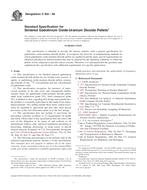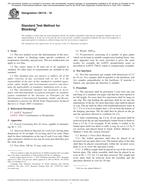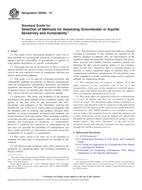1.1 This guide describes procedures for obtaining laboratory data concerning the adverse effects of a test material added to seawater, but not to food, on the marine copepod Amphiascus tenuiremis , during continuous exposures of individuals, from immediately after birth, until after the beginning of reproduction using a 200 ??L renewal microplate-culturing technique. The following data are checked and recorded during the test period: stage-specific survival, number of days it takes for development from a first stage nauplius to a reproductively mature copepod, gender ratios, number of days for a female to extrude first and subsequent broods, number of days between first (and subsequent) brood extrusion(s) and hatching of first-generation nauplii, number of hatched and surviving nauplii, number of unhatched or necrotic eggs and aborted unhatching eggsacs, and the total number of females able to produce viable offspring over the entire mating period. This microplate-based full life-cycle toxicity test has a duration of approximately 17 days for toxicants that do not delay development. These procedures probably will be useful for conducting life-cycle toxicity tests with other species of copepods, although modifications might be necessary.
Product Details
- Published:
- 12/01/2012
- Number of Pages:
- 16
- File Size:
- 1 file , 250 KB


